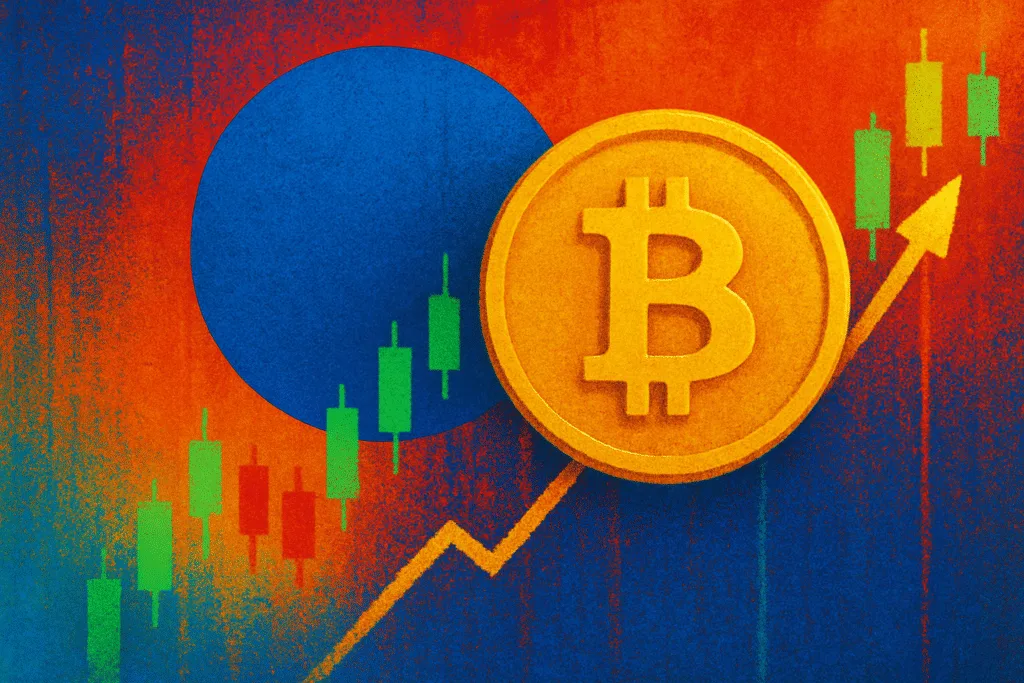Coinbase Stock in 2025: Still a Strong Buy or Time to Exit?
Coinbase Global Inc. (NASDAQ: COIN), the largest publicly traded cryptocurrency exchange in the U.S., continues to be a lightning rod for investors seeking exposure to the digital asset market. After a rollercoaster ride in previous years—ranging from crypto booms to regulatory crackdowns—Coinbase stock in 2025 is once again attracting both bulls and bears.

📈 Coinbase Performance Highlights
In Q1 2025, Coinbase reported strong revenue growth powered by a resurgence in crypto trading volumes, particularly around Bitcoin ETFs and altcoin diversification. The company posted $1.6 billion in revenue—a 45% increase year-over-year. Monthly transacting users (MTUs) also grew to 12.4 million, demonstrating renewed retail interest.
⚖️ Regulation Remains a Wild Card
Coinbase remains entangled in ongoing legal battles with the U.S. Securities and Exchange Commission (SEC) over the classification of certain digital assets. While some analysts view regulatory headwinds as a reason to stay cautious, others argue Coinbase is becoming a “survivor brand”—positioned to thrive regardless of outcomes due to its lobbying efforts and increasing global footprint.
🔒 Institutional Adoption Rising
The company has doubled down on its Coinbase Prime offering, expanding services for institutional investors. BlackRock, Fidelity, and other asset managers have partnered with Coinbase for custody and infrastructure services, signaling trust in the brand’s long-term viability.
📊 Is COIN Stock Undervalued?
Despite its strong fundamentals, COIN is still trading below its 2021 IPO highs. With a current P/E ratio of 17 and bullish sentiment returning to the crypto market, some analysts project 30–50% upside potential in 2025.
💡 Investor Takeaway
Coinbase stock offers a unique proxy to the broader crypto market without directly owning digital assets. For investors bullish on the long-term future of Web3, DeFi, and tokenized finance, COIN remains a compelling pick—albeit with high volatility and regulatory risks baked in.